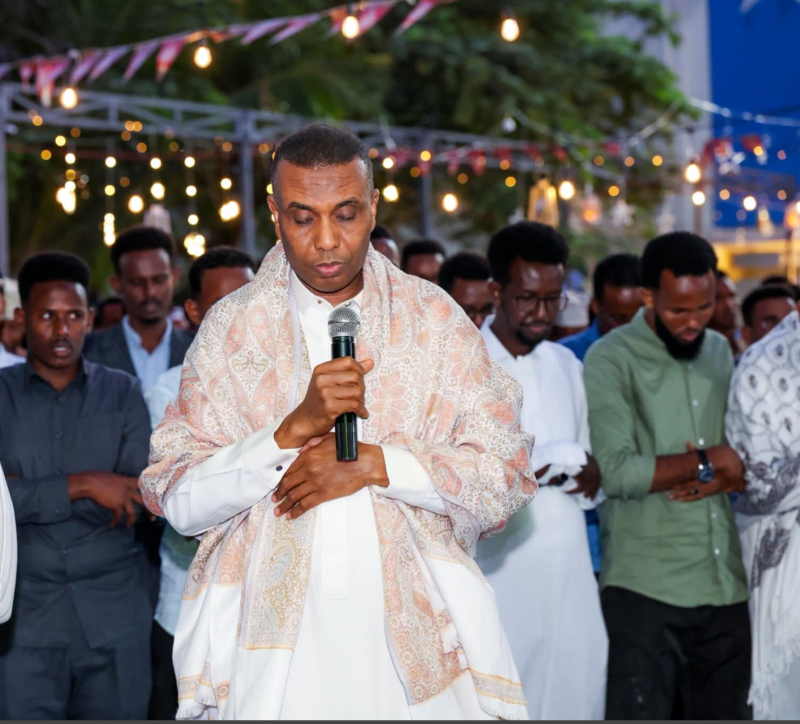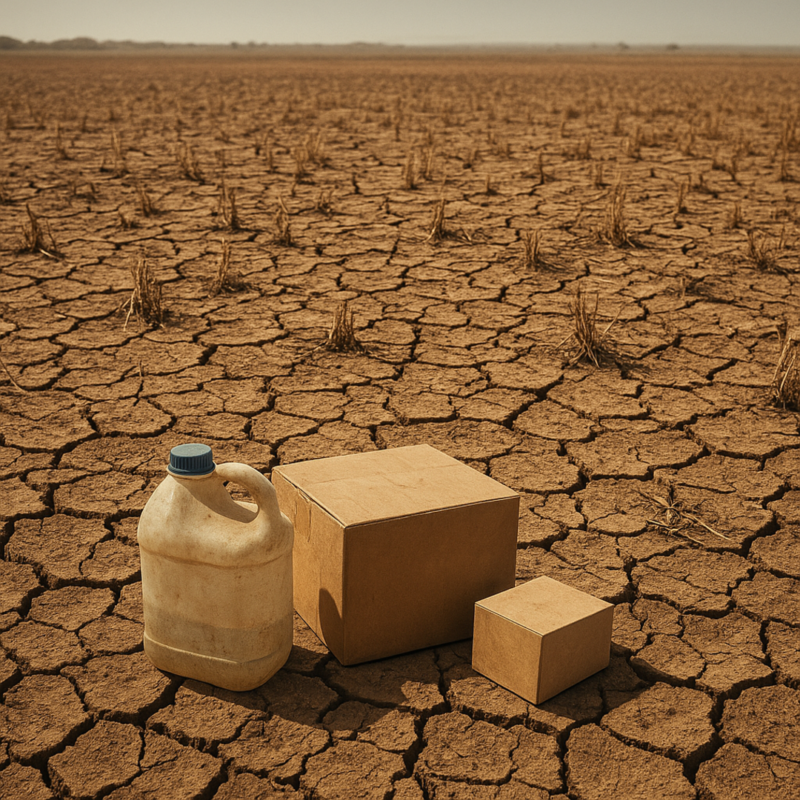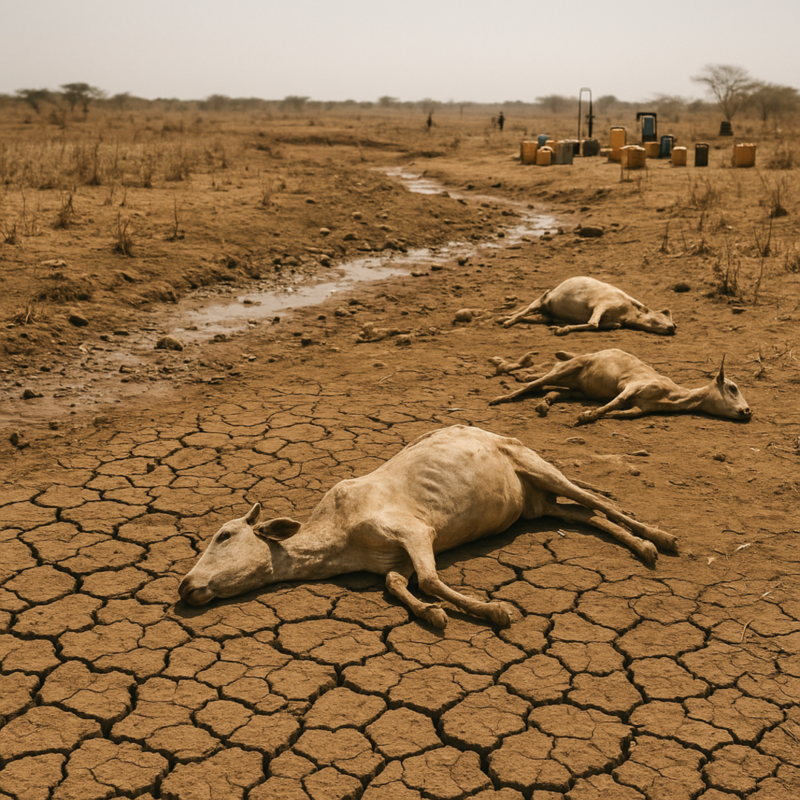Mogadishu, Somalia — Nearly one in four Somalis is facing acute hunger, marking one of the most severe food crises in the country’s recent history. The situation is particularly dire in rural areas, where prolonged drought, conflict, and inflation have left communities struggling to access enough food. Families are forced to make impossible choices, often skipping meals or sending children to bed hungry in an attempt to stretch scarce resources.
The World Food Programme (WFP) is at the forefront of emergency relief, striving to deliver life-saving food and nutrition assistance to those most in need. Yet, its reach remains severely constrained by funding shortfalls. With millions relying on humanitarian aid to survive, even small gaps in financing translate into fewer meals and critical nutrition services for the most vulnerable, particularly children and pregnant or nursing mothers.
In many regions, local markets have been decimated, and staple foods are increasingly unaffordable for ordinary households. Farmers, already reeling from erratic rainfall, face mounting debts, while pastoralists confront the loss of livestock due to drought. The compounded crises threaten to destabilize communities further, fueling migration and social strain.
Humanitarian workers on the ground describe a country where resilience is being tested to its limits. Efforts to scale up assistance are ongoing, but without immediate financial support from the international community, the gap between need and available aid is widening. Somalia’s hunger crisis, once considered manageable, now looms as a national emergency that demands urgent attention and coordinated action.
This growing humanitarian catastrophe underscores a stark reality: millions of Somalis are hanging in the balance, dependent not just on aid deliveries, but on timely global support that can prevent the crisis from deepening further.




